|
WEALDEN
DISTRICT COUNCIL

KYOTO
PROTOCOL - With reference to the Kyoto Protocol
of 1997 of which the UK is a signatory, the Government submitted an initial GHG submission in November 2006.
This report was calculated on base year emissions of: 779,904,144 tonnes of CO2 as
stated by the UK in its initial report. Of this 75.7% percent was CO2, followed by methane (CH4) at 13.3% percent and nitrous oxide (N2O) at 8.8% percent.
A revised figure of 779,538.55 Gg CO2 equivalent followed.
The energy sector accounted for 78.4 per cent of the total GHG emissions in the base year that decreased by 14.6% percent between the base year (1990) and
2004. It follows that heating and electricity for homes,
services and factories (living) should be a target as should transport,
including marine.
CLIMATE CHANGE &
THE LACK OF SUSTAINABILITY IN THE WEALDEN DISTRICT
What is sustainability and why is it important for all
councils to push for energy sustainability?
Wealden's Sustainability Strategy
According to their website: this Council's sustainability strategy provides a
framework to ensure sustainability is included in all its strategies,
plans, policies and actions.
Unfortunately their strategy is not published in easy
form,
only as a .pdf file, so designed to thwart easy access
contrary to transparency in local government rules. East
access would be to publish as a .html document, a universal
format that the public might read without a decoding mechanism
that is expensive and more for professional use.
According to their website: their vision is to meet the
needs of all people in Wealden and promote sustainable prosperity for
everyone whilst respecting the limits of our environment and resources
and ensuring that they are maintained for the benefit and enjoyment of
future generations.
It
all sounds positive, but is it all talk and paper shuffling?
It looks that way to us!
Wealden's Climate Change Policy and Action Plan
This Council's climate change policy (pdf) together with the climate change action plan (pdf) sets out
this Council's commitment to tackling the causes and effects of
climate change.
According
to their website their action plan outlines how the
Council plans to reduce its own greenhouse gas emissions and how
they will work with partners and the community to help
reduce emissions across the district.
We have seen no evidence of
any direct action other than a legal challenge in the High
Court as to nitrogen levels in the Ashdown Forest and their
Core Strategy Plan. While that is something, it is all
negative when we need positive action, otherwise the area will
remain short of affordable housing and new housing will be
more of the same that helped to cause global warming.
Council Energy Certificates -
Vicarage Lane Energy Certificate for 2011 (pdf)
The Nottingham Declaration
Wealden District Council has signed The Nottingham
Declaration - On Climate Change (external link), a high level
commitment to the community on trying to limit climate change and they have produced a greenhouse gas
emissions report (PDF) in accordance with new guidance issued by the
Department for Energy and Climate Change (DECC) that is now defunct.
For further information or to make a
comment or complaint about the perceived lack of action, please contact their Sustainability
Officer or the Leader of the Council and their planning
chairpersons, and/or their Chief Executive (Charles Lant @
2018).
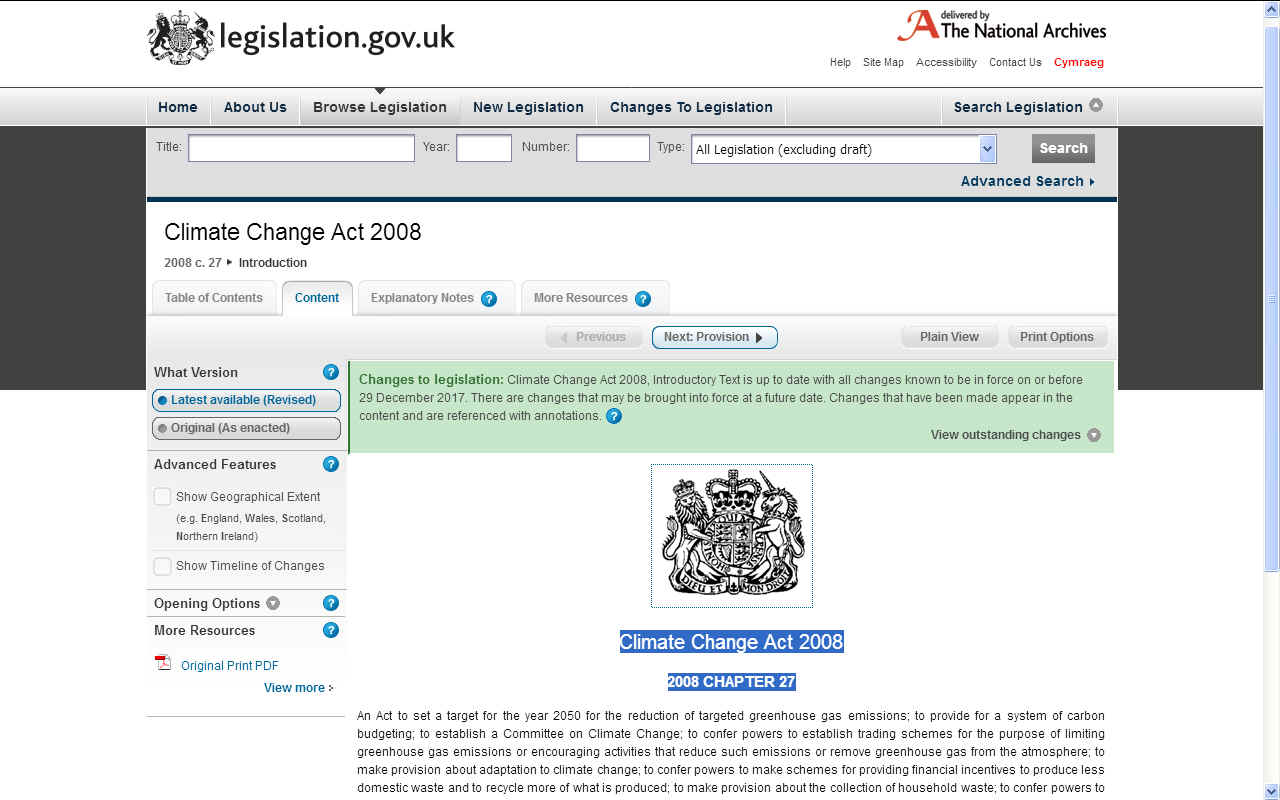
Climate Change Act 2008
CHAPTER 27 (26 November 2008) - The target for 2050:
(1) It is the duty of the Secretary of State to ensure that the net UK carbon account for the year 2050 is at least 80% lower than the 1990 baseline.
(2) “The 1990 baseline” means the aggregate amount of —
(a) net UK emissions of carbon dioxide for that year, and
(b) net UK emissions of each of the other targeted greenhouse gases for the year that is the base year for that gas.
CLIMATE
CHANGE ACTS
The
Climate
Change and Sustainable Energy Act 2006, followed by the Climate
Change Act 2008 comprises the current legislation
that Wealden must abide by. These Acts demand that Wealden put
in place a workable plan and encourage development of
sustainable housing and transport. These Acts are in response
to United
Nations targets to fend off a global catastrophe before it
is too late.
A
workable plan involves making sure that houses, transport and
workplaces in the Wealden area reduce their carbon footprint
by 3.375% a year to get back to 80% below the 1990 baseline by the year 2050.
This
figure is based on the assumption that the
"Baseline" houses, retailers and factories in 1990 have not increased
or decreased their
energy requirement. If that so, then we need to work out how many new
houses, retailers and factories have been built since 1990 - and how many more will be
built by 2050 - then add them together.
It
follows that if we are to reduce our national carbon
footprint,
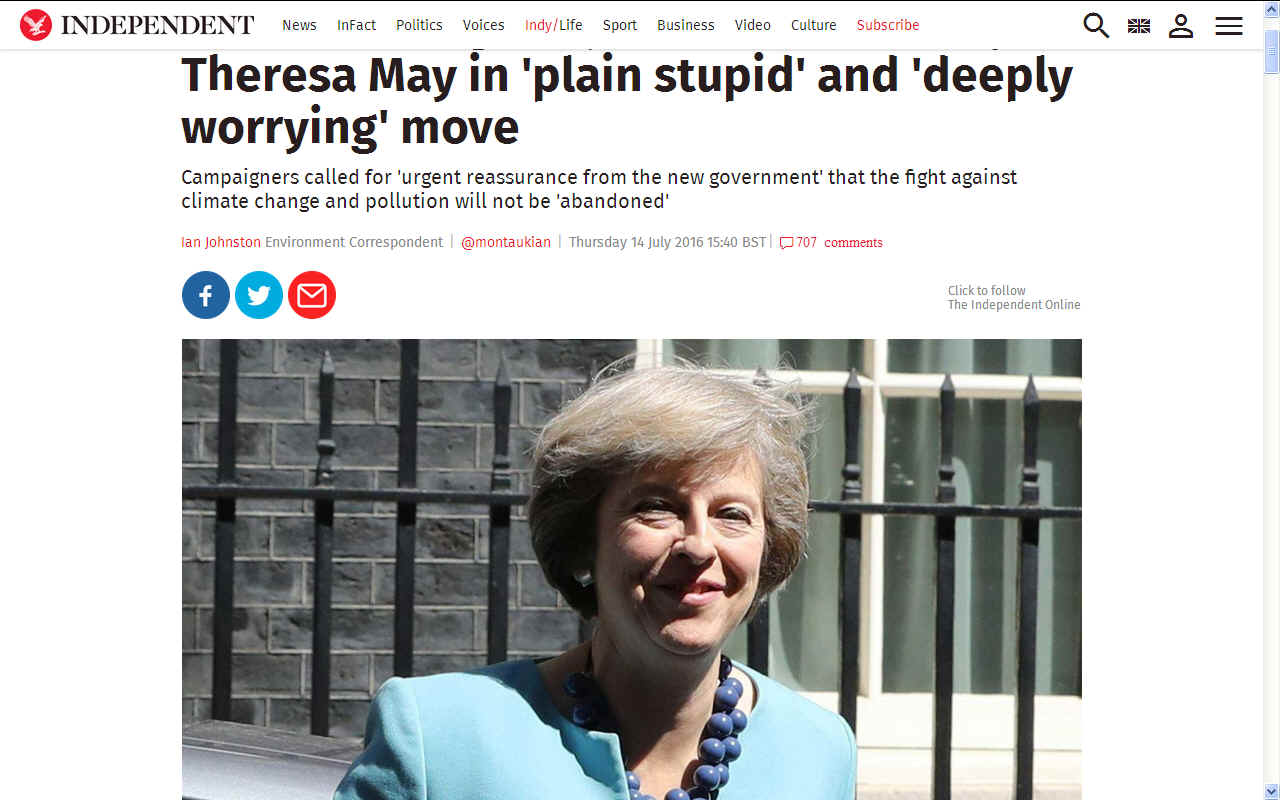
THE
INDEPENDENT 14 JULY 2016 - Campaigners called for 'urgent reassurance from the new government' that the fight against climate change and pollution will not be 'abandoned'
The decision to abolish the Department for Energy and Climate Change has been variously condemned as “plain stupid”, “deeply worrying” and “terrible” by politicians, campaigners and experts.
One of Theresa May’s first acts as Prime Minister was to move responsibility for climate change to a new Department for Business, Energy & Industrial Strategy.
Only on Monday, Government advisers had warned of the need to take urgent action to prepare the UK for floods, droughts, heatwaves and food shortages caused by climate change.
The news came after the appointment of Andrea Leadsom – who revealed her first question to officials when she became Energy Minister last year was “Is climate change real? – was appointed as the new Environment Secretary.
And, after former Energy and Climate Change Secretary Amber Rudd announced in November that Britain was going to “close coal” by 2025, Ms Leadsom later asked the coal industry to help define what this actually meant.
Former Labour leader Ed Miliband tweeted: “DECC abolition just plain stupid. Climate not even mentioned in new deptartment title. Matters because departments shape priorities, shape outcomes.”
Greenpeace said it was concerned that the new Government did not view climate change as a serious threat..
John Sauven, the campaign group's executive director, said: “The voting record and affiliation with climate sceptics of key cabinet appointees are deeply worrying.
"They show a lack of understanding posed by climate change to the UK and the world. If we are to continue to have a key global role in environmental action, we need urgent reassurance from the new government that the hard won progress on climate and renewables targets, air pollution and the protection of wildlife will not be sidelined or abandoned in the Brexit negotiations.”
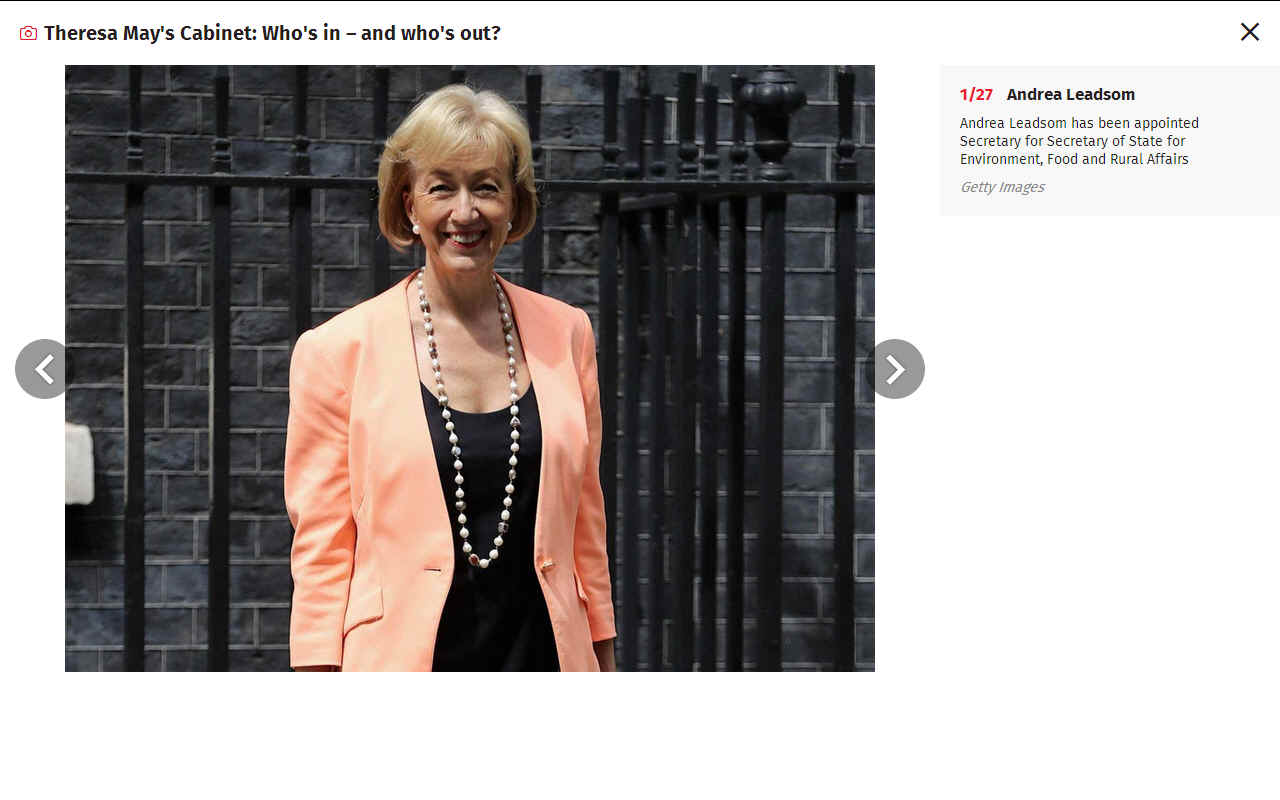
Green Party MP Caroline Lucas described the decision as “deeply worrying”.
“Climate change is the biggest challenge we face, and it must not be an afterthought for the Government,” she said.
“Dealing with climate change requires a dedicated Minister at the Cabinet table. To throw it into the basement of another Whitehall department, looks like a serious backwards step.”
She said she would work with any Minister “willing to take climate change seriously”, but added she would seek to hold Government to account for “any backpeddling on our climate change commitments”.
Craig Bennett, chief executive of Friends of the Earth, pointed out that a major report into the effects of climate change on Britain had made clear that it was already happening.
“This is shocking news. Less than a day into the job and it appears that the new Prime Minister has already downgraded action to tackle climate change, one of the biggest threats we face,” he said.
“This week the Government’s own advisors warned of ever growing risks to our businesses, homes and food if we don’t do more to cut fossil fuel pollution.
“If Theresa May supports strong action on climate change, as she’s previously said, it’s essential that this is made a top priority for the new business and energy department and across government.”
And Stephen Devlin, an environmental economist at the New Economics Foundation (NEF), said the department’s abolition was “a terrible move by our new Prime Minister”.
He said it appeared to signal “a troubling de-prioritisation of climate change by this government”.
“Tackling climate change is an era-defining challenge that must direct and determine what industries we develop, what transport infrastructure we construct, how we manage our land and what our diets look like. It requires a central co-ordinated strategy; if we leave it to the afterthoughts of other departments we will fail,” he said.
“This reshuffle risks dropping climate change from the policy agenda altogether – a staggering act of negligence for which we will all pay the price.”
He called on Ms May to reaffirm the Government’s commitment to the 2008 Climate Change Act, which he described as a “world-leading piece of legislation”.
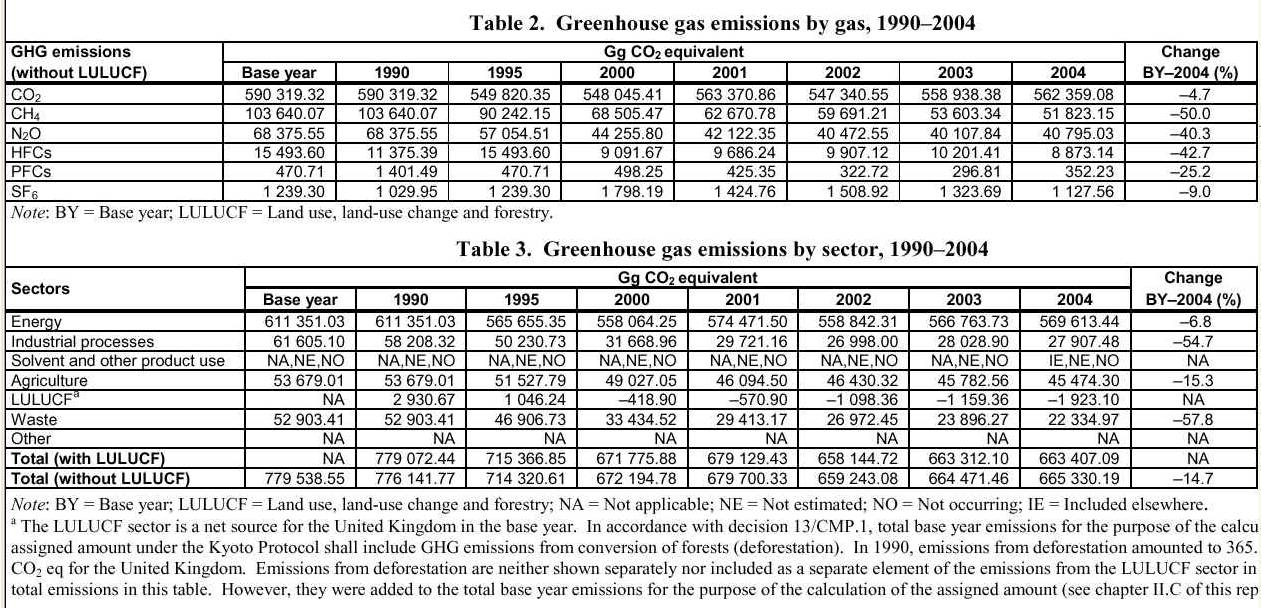
This commits the UK to an 80 per cent reduction in greenhouse gas emissions by 2050 and is “one of few remaining silver linings in UK environmental policy”, Mr Devlin said.
A letter by DECC’s permanent secretary, Alex Chisholm, to staff in his department, which was leaked to Civil Service World, confirmed that its responsibilities were being transferred to the new Department for Business, Energy and Industrial Strategy, under its new Secretary, Greg Clark.
"We can make sure we have the 21st century infrastructure we need. Business will have a strong champion in government," he wrote.
"Energy and climate change will continue in a single department ensuring efficient paths to carbon reduction.”
A spokesman for DECC told The Independent: "Nothing is changing. The commitment [to dealing with climate change] is still there."
It
pretty soon becomes clear that new-builds will have to be
virtually zero carbon
and existing houses and factories should aim to reduce energy
consumption to give us some slack. Houses that are energy
self-sufficient will not look like the houses Wealden's
planners are used to approving.
Buildings that are modified to
harvest solar energy will change in appearance somewhat out of
necessity - but
this is typically permitted development - and if it is not, the
above Acts tend to support what is, or will be necessary to
improve existing stocks in line with a workable plan.
Strangely,
this approach would also protect the Ashdown Forest, that at
the moment appears to be causing local authorities such as
Lewes District Council and Natural England a headache.


LINKS
& REFERENCE
https://www.gov.uk/government/organisations/department-of-energy-climate-change
http://www.legislation.gov.uk/ukpga/2008/27/introduction
https://www.sustainablehomes.co.uk/
https://www.gov.uk/government/topical-events/the-uks-industrial-strategy
https://www.gov.uk/government/organisations/department-of-energy-climate-change
http://www.wealden.gov.uk/Wealden/Residents/Environment_and_Pollution/Sustainability/Policy_Climate_Change_and_Sustainability.aspx
http://www.energysavingtrust.org.uk/
COUNCILLORS SERVING IN 2017 INTO 2018
Dick
Angel - Kevin
Balsdon - Jo
Bentley - John
Blake - Bob
Bowdler - Don
Broadbent - Norman
Buck - Raymond
Cade - John
Carvey
Lin
Clark - Nicholas
Collinson - Nigel
Coltman - Ronald
Cussons - Barby
Dashwood-Morris - Dianne
Dear - Phil
Dixon - Pam
Doodes
Claire
Dowling - Jan
Dunk - Louise Eastwood - Philip
Ede - Helen
Firth - Jonica
Fox - Roy
Galley -
Richard Grocock - Chris
Hardy
Steve
Harms - Jim
Hollins - Peter
Holloway - Johanna
Howell - Toby
Illingworth - Stephen
Isted - David Larkin - Andy
Long - Michael
Lunn
Philip
Lunn - Barry
Marlowe - Nigel
McKeeman - Rowena
Moore - Kay
Moss - Douglas
Murray - Ann
Newton - Ken Ogden
Amanda
O'Rawe - Charles
R Peck - Diane
Phillips - Mark
Pinkney - Major
Antony Quin RM - Ronald
Reed - Dr.
Brian Redman
Carol
Reynolds - Greg
Rose - Peter
Roundell - William
Rutherford - Daniel
Shing - Oi
Lin Shing - Raymond
Shing - Stephen
Shing
Angela
Snell - Robert
Standley - Susan
Stedman - Rupert
Thornely-Taylor - Roger
Thomas - Bill Tooley - Jeanette
Towey - Chriss
Triandafyllou
Peter
Waldock - Neil
Waller -
David Watts - Mark Weaver -Graham
Wells - David
White - John
Wilton
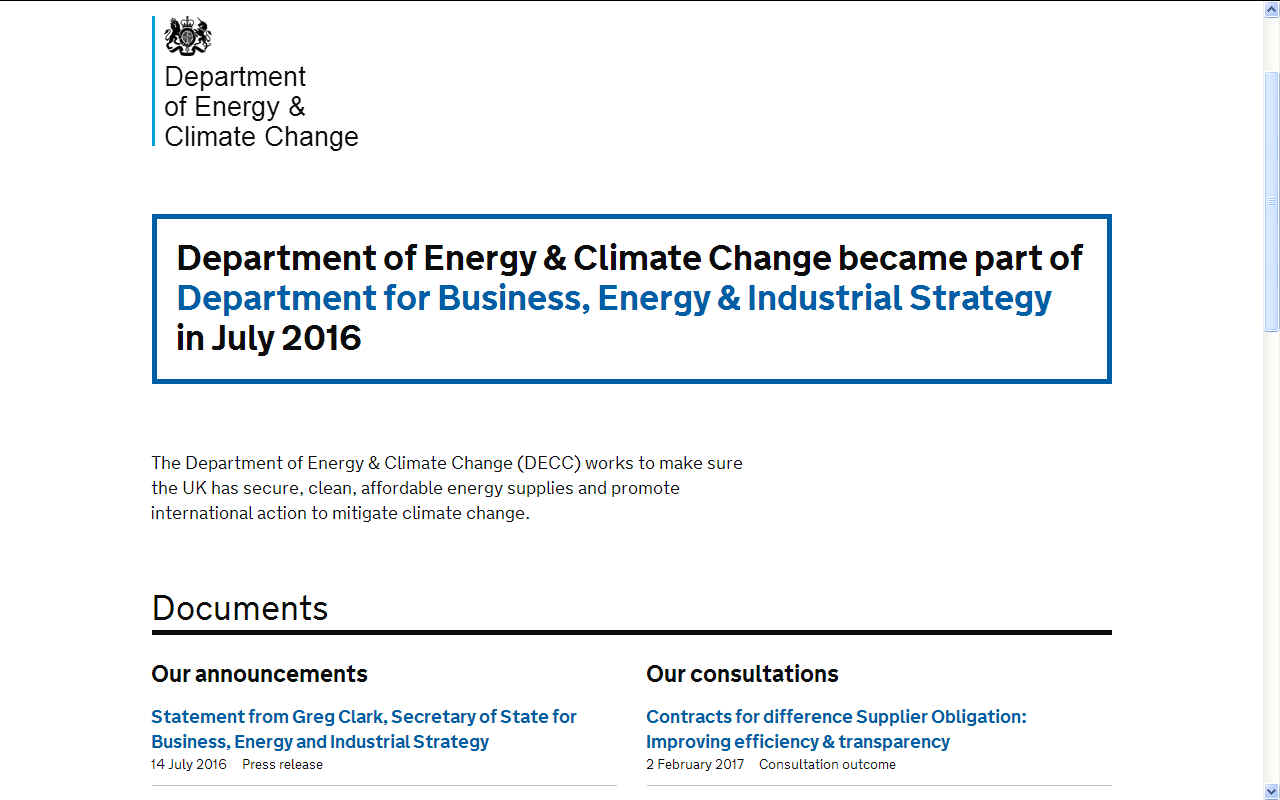
INDUSTRIAL
STRATEGY - The UK's Industrial Strategy sets out a
long term plan to boost the productivity and earning power of people
throughout the UK.
It sets out how we are building a Britain fit for the
future – how we will help businesses create better, higher-paying jobs
in every part of the UK with investment in the skills, industries and
infrastructure of the future.
Their 5 foundations align to a claimed vision for a transformed economy:
* ideas: the world’s most innovative economy
* people: good jobs and greater earning power for all
* infrastructure: a major upgrade to the UK’s infrastructure
* business environment: the best place to start and grow a business
* places: prosperous communities across the UK
The UK Government say they will set Grand Challenges
to put the UK at the forefront of the industries of the
future, but they don't say how they will achieve this
other
than working with industry, academia and civil society
over the years ahead to build on the UK’s strengths, make more of
untapped potential and create a more productive
economy that works for everyone across the UK.
We look forward to hearing more on this, with especial
regard
to Climate
Change and ocean waste reduction.

Dick
Angel - Jo
Bentley - John
Blake - Bob
Bowdler - Don
Broadbent - Norman
Buck - Raymond
Cade - John
Carvey - Lin
Clark
Nicholas
Collinson - Nigel
Coltman - Ronald
Cussons - Barby
Dashwood-Morris - Dianne
Dear - Phil
Dixon - Pam
Doodes
Claire
Dowling - Jan
Dunk - Louise Eastwood - Philip
Ede - Helen
Firth - Jonica
Fox - Roy
Galley -
Richard Grocock - Chris
Hardy
Steve
Harms - Jim
Hollins - Peter
Holloway - Johanna
Howell - Toby
Illingworth - Stephen
Isted - David Larkin - Andy
Long - Michael
Lunn
Barry
Marlowe - Nigel
McKeeman - Huw Merriman - Rowena
Moore - Kay
Moss - Douglas
Murray - Ann
Newton - Ken Ogden
Amanda
O'Rawe - Charles
R Peck - Diane
Phillips - Mark
Pinkney - Major
Antony Quin RM - Ronald
Reed - Dr.
Brian Redman
Carol
Reynolds - Greg
Rose - Peter
Roundell - William
Rutherford - Daniel
Shing - Oi
Lin Shing - Raymond
Shing - Stephen
Shing
Robert
Standley - Susan
Stedman - Bill Tooley - Jeanette
Towey - Stuart Towner - Chriss
Triandafyllou - Peter
Waldock
Neil
Waller -
David Watts - Mark Weaver -Graham
Wells - David
White - John
Wilton

Ashley
Brown - Beverly
Boakes - Charlie
Lant - Charmain
Alcock - Ditto
- Chris
(Cristine) Arnold
Christine
Nuttall - Craig
Moon - Daniel
Goodwin - David
Phillips - David
Whibley - Derek
Holness
Geoff
Johnson - George
Morham White - Ian
Kay - I.M.
Kay - J
Douglas Moss - Julian
Black - Kelvin
Williams
Lesley
Barakchizadeh - Marina
Brigginshaw - Mike
Flemming - Niall
Mileman - Patrick
Coffey - Richard
Mercer
Sheelagh
Douglas - Thomas
William Hoy - Trevor
Abbott - Trevor
Scott - Vic
(Victorio) Scarpa
This
webpage is copyright © Cleaner
Ocean Foundation Ltd (Company No: 4674774) 2018, Solar
Studios, BN271RF, United Kingdom. The name Miss
Ocean™ is a trademark of the Cleaner
Ocean Foundation™.
|
































































